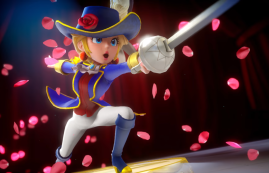We Happy Few review – in pictures
If you could take a pill to make it all go away, would you?
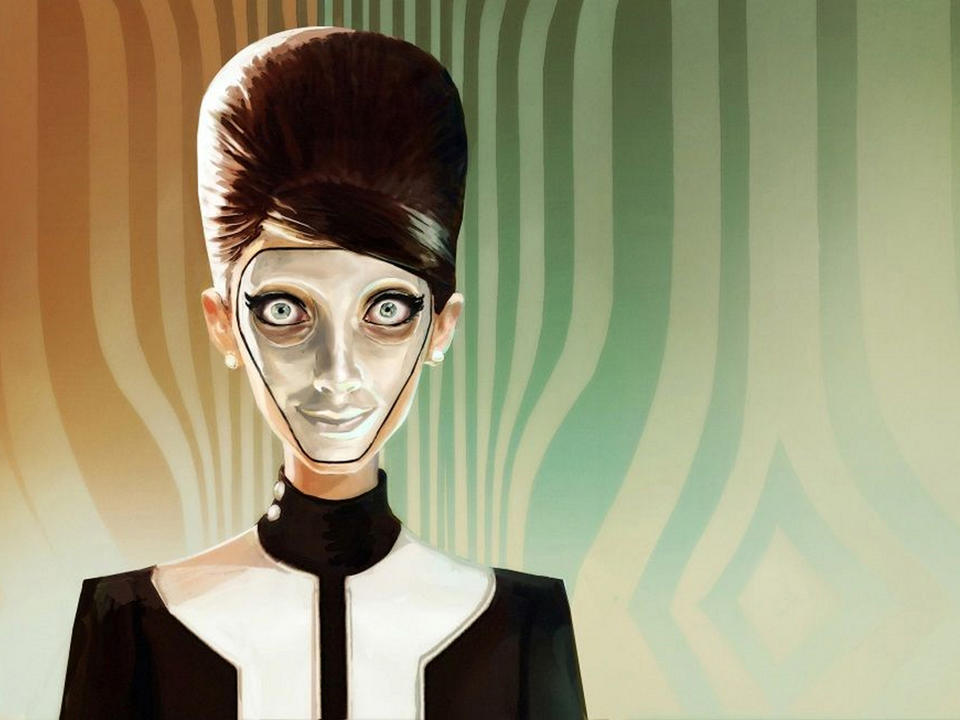
OH HAPPY DAYS
In We Happy Few, you’re happy at work, everyone is kind to each other and your football team never loses. Well, that’s what it looks like on the surface. In reality, none of this is true – football teams don’t even exist. Yes, it’s that kind of dark world you inhabit. These illusions are all thanks to the ‘joy’ pill that everyone’s popping. This enforced drug causes hallucinations that disguise nasty things as something pleasant. You may think you’re gobbling up candy from a pinata, but that’s actually the innards of a decaying rat corpse. Sadly, this interesting story concept is also a good way to describe the entire game. At first glance it looks like a fantastic social commentary, but ends up a rather dull experience.
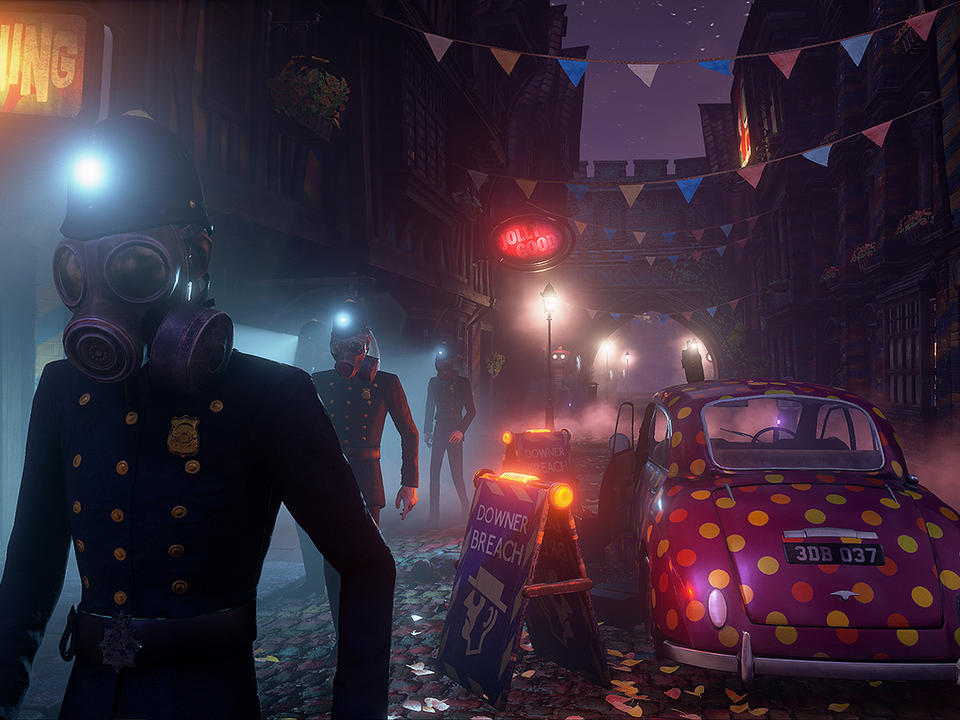
HORRIBLE HISTORIES
We Happy Few takes place in Britain following a traumatic event that caused all children under 13 to be taken away. However, nobody can actually remember said events, unless they come off the memory-nullifying ‘joy’ pills. The world’s history is slowly revealed through memories and character interactions, but it’s abundantly clear that this world is grim and oppressive. Come off your joy and you’ll be cast out of society and left to feed on rotting scraps. Some of this world building is naturally dished out as you play, but other moments feel heavy handed. For example, wear torn clothes or let people think you’re rich, and the angry mob will tear you apart.
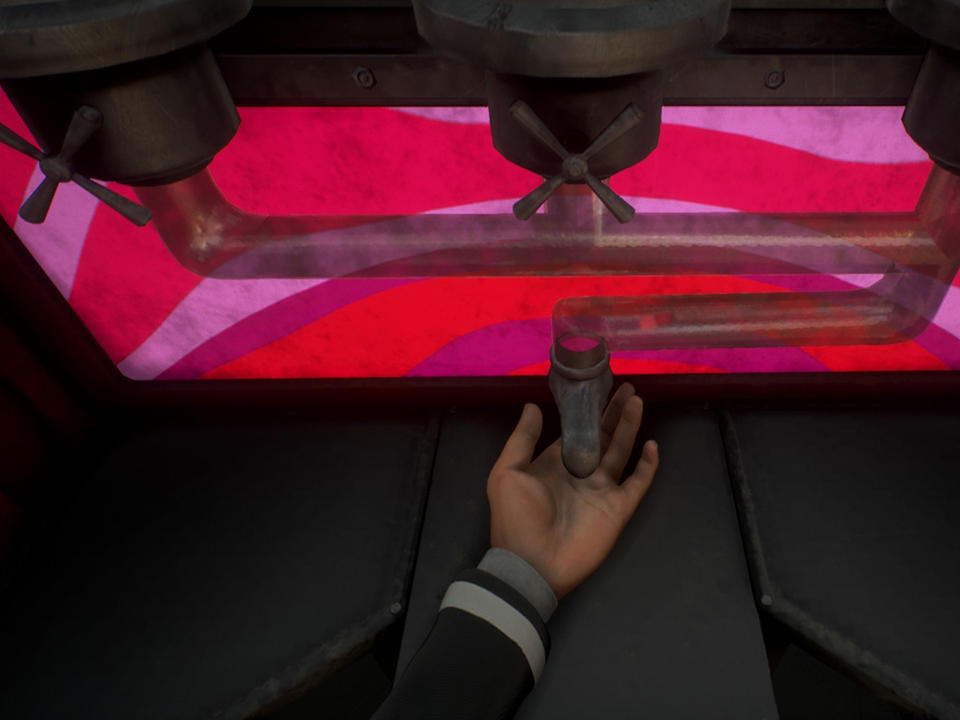
O BROTHER, WHERE ART THOU?
Filling the shoes of Arthur Hastings – a former mild-mannered history eraser – you’ll have to deal with the wrath of the drug-popping townsfolk on a regular basis, as you set off on a journey to find your missing brother. The British voice acting never gets boring. It’s a stereotypical version of the accent, but it works: think “alright guvnor”. It would normally feel out of place and very dry, but there’s a wit on show here that makes it work. Mix in one particularly memorable gruff Glaswegian and you’ve a game full of character.
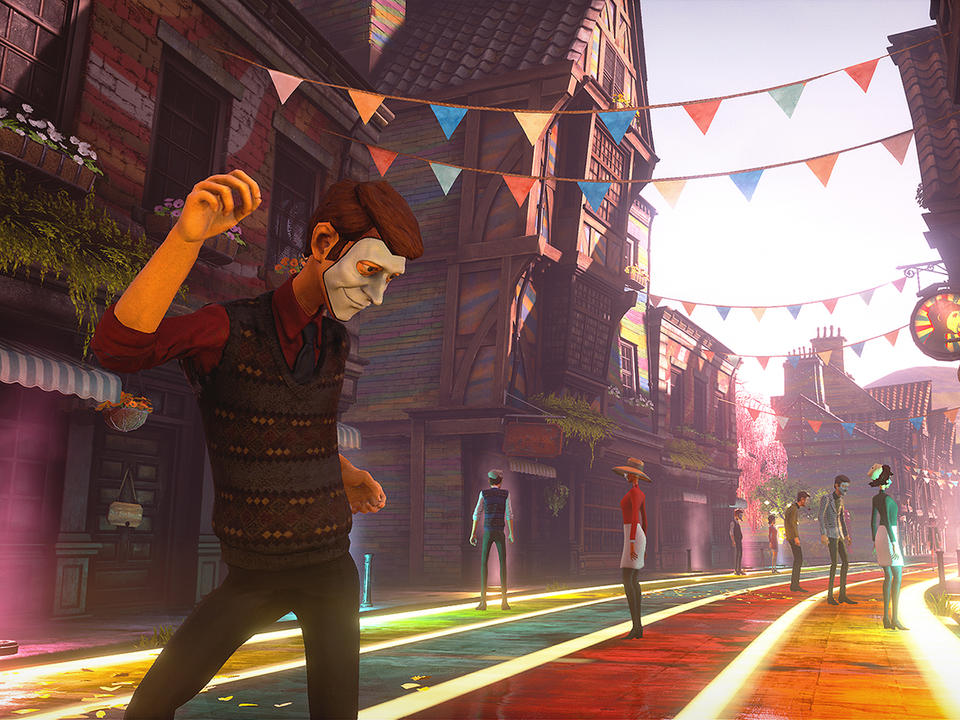
KILL, LOOT, REPEAT
While We Happy Few tells a strong, well-written story that is not only deliciously dark but also able to successfully inject some levity to proceedings, the game-part is a just a bit lacking. Take the combat for starters. Using melee weapons – from cricket bats to umbrellas, pipes, and everywhere in-between – is simplistic to the point of boredom. There’s not much more to it than shoving enemies to drop their guard, thwacking them over the head a few times and then looting their pockets. There is slighty more nuance in the latter half of the game, but that’s the general gist of it.
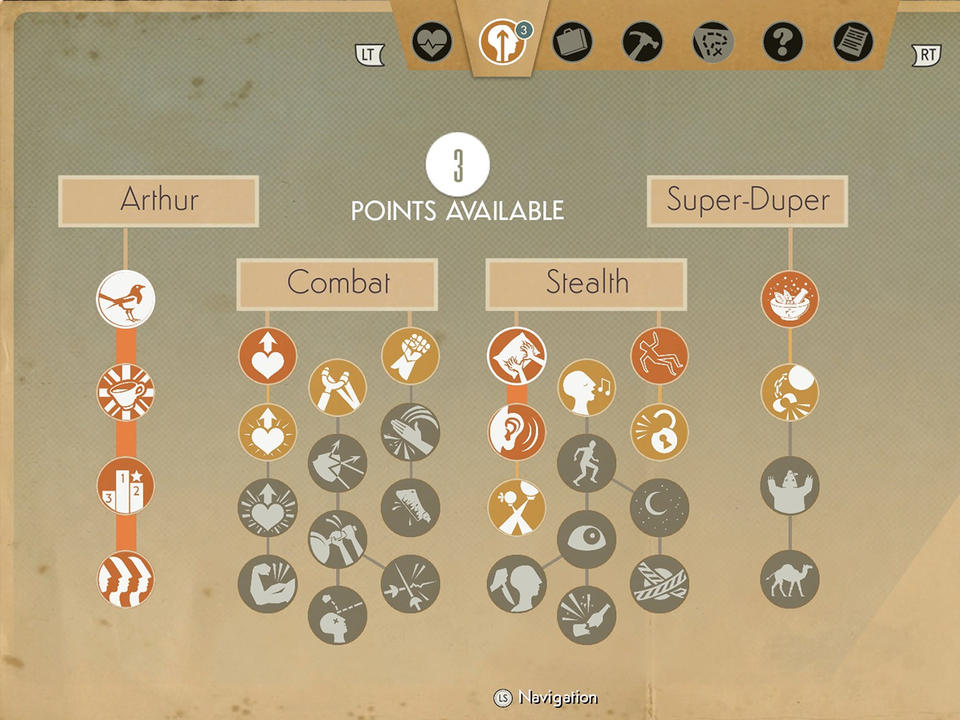
I WILL SURVIVE
It’s better if you try to avoid combat altogether, as the stealth approach is significantly more engaging. But even then, the AI for enemies is so poor that there’s not much challenge in skulking in the shadows. You can be almost on them before they’ll notice, while on the odd occasion you are detected it’s just a case of losing line of sight for long enough that they’ll forget you and go back on their daily rounds. The survival mechanics don’t contribute much to the challenge either. You’ll get negative effects if you forget to eat, drink, or sleep, but nothing that’s a real cause for alarm. It’s hardly ‘survival’.
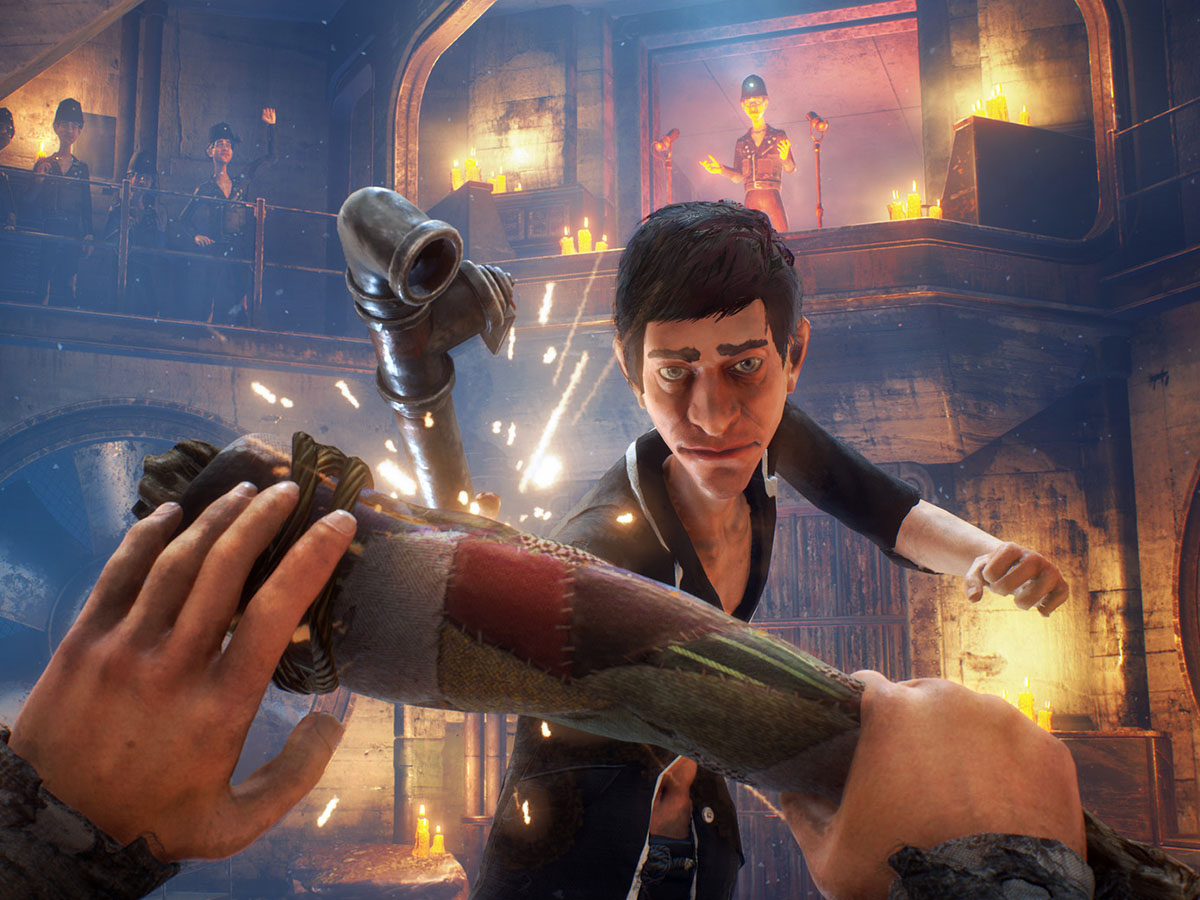
JOY RIDE
Eventually the ‘joy’ tablets come into play properly, and become a mechanic which enables you to bypass people and officers who could otherwise tell that you’re “off your joy”. But taking the drugs repeatedly becomes frustrating, forcing you to constantly return to a booth for a top up. You can find pills to store in your inventory, but your joy meter drops so rapidly that you’ll need to replenish it often. To make things worse, you can overdose which triggers bad memories and will turn everyone hostile. There is another pill you’ll find later on that can fake the appearance of joy that helps make things easier, but not enough to prevent this drug management system from becoming an annoying distraction.
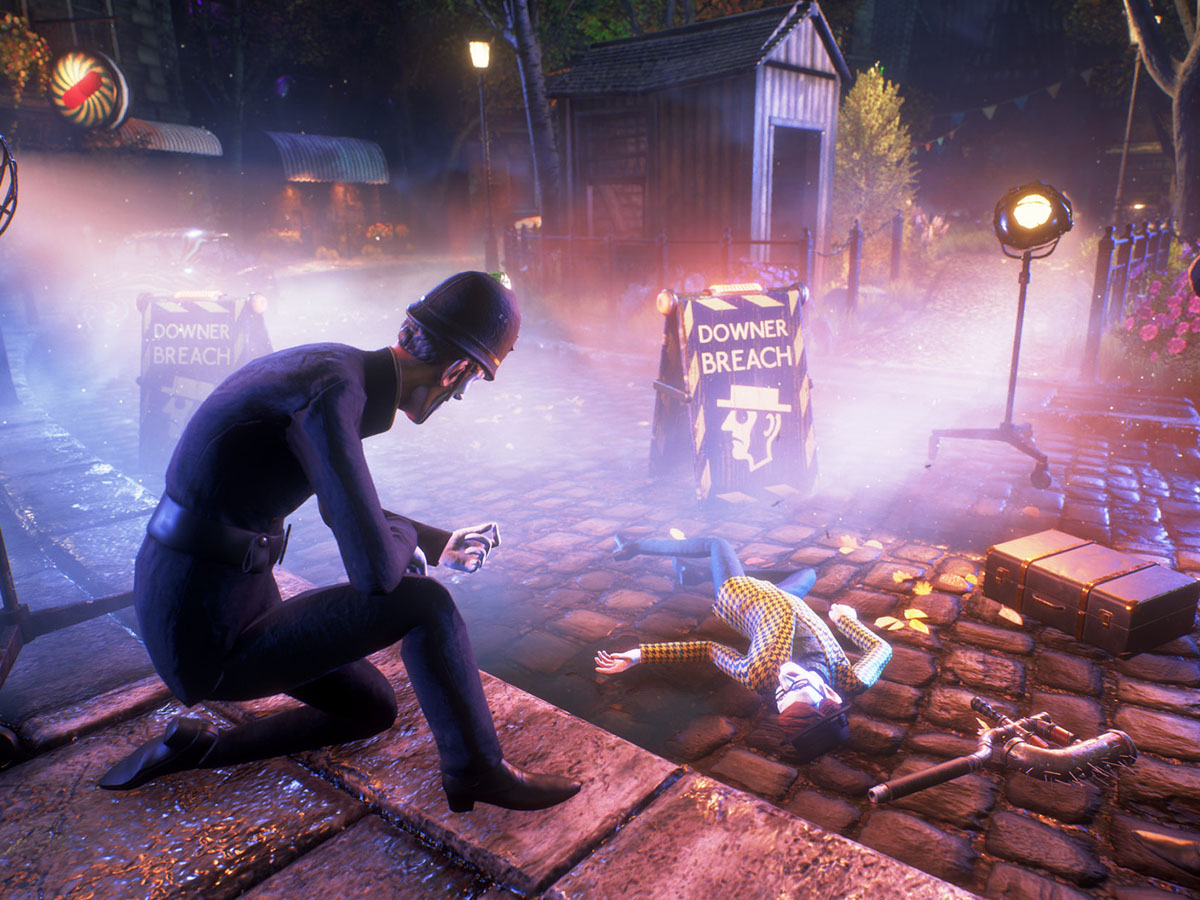
RULE BREAKER
Crafting is a huge part of We Happy Few. You’ll need to use the myriad of resources found in bins, cupboards, and desks on workbenches and chemical stations, and you’ll find blueprints for new things every time you find a new safe-house. Furthermore, you can unlock new skills with mission-awarded points. These skills rather let the game down, as most of them just break the rules of the world rather than adding in more interesting elements. Not allowed out at night? Select the ability that causes everyone to ignore you breaking curfew. As with much of We Happy Few, the gameplay doesn’t really match the narrative. It’ll bother some more than others, but it’s pretty daft to unlock abilities which just break the rules of the world that’s been so lovingly crafted.
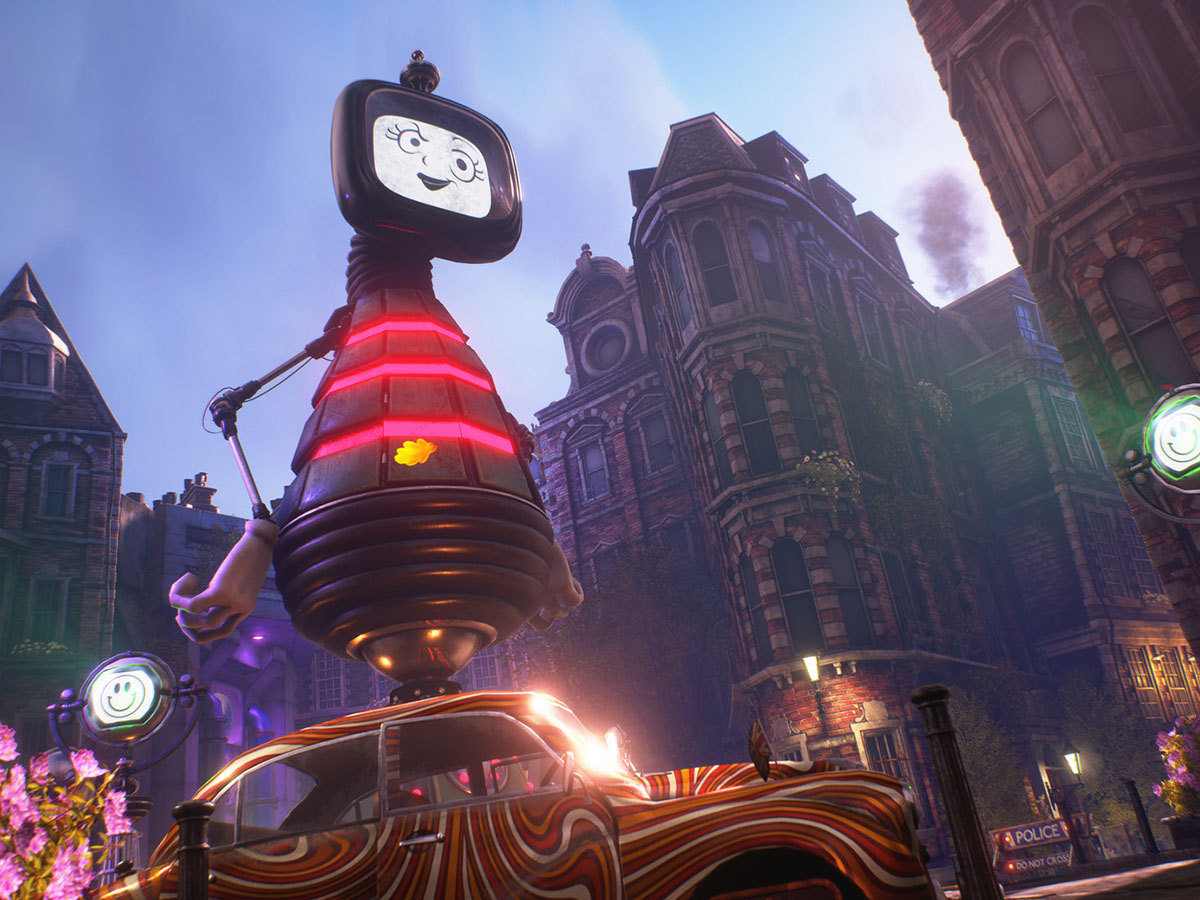
THE OTHER SIDE OF THE STORY
Away from the main story, side missions frequently offer more engaging ideas. Breaking into a house and solving a puzzle to open a hidden door made me feel like a brainy detective, while chasing down a guy obviously faster than everyone else around him was as unique a mission as any I’ve experienced in recent years. In contrast, the main campaign is filled with fetch quests that are tediously repetitive. This leads us to another problem: some of the environments are in keeping with the world’s aesthetic, but in doing so, are sometimes bland. There’s a blown out, crumbling house with a chest of drawers to loot for a bobby pin. Oh, there’s another blown out, crumbling house with… you get the idea. It doesn’t help, either, that there can be large distances to travel between story missions, so if you’re not interested in looting derelicts, or unlocking the fast travel points, sections of the game are going to be a slog.
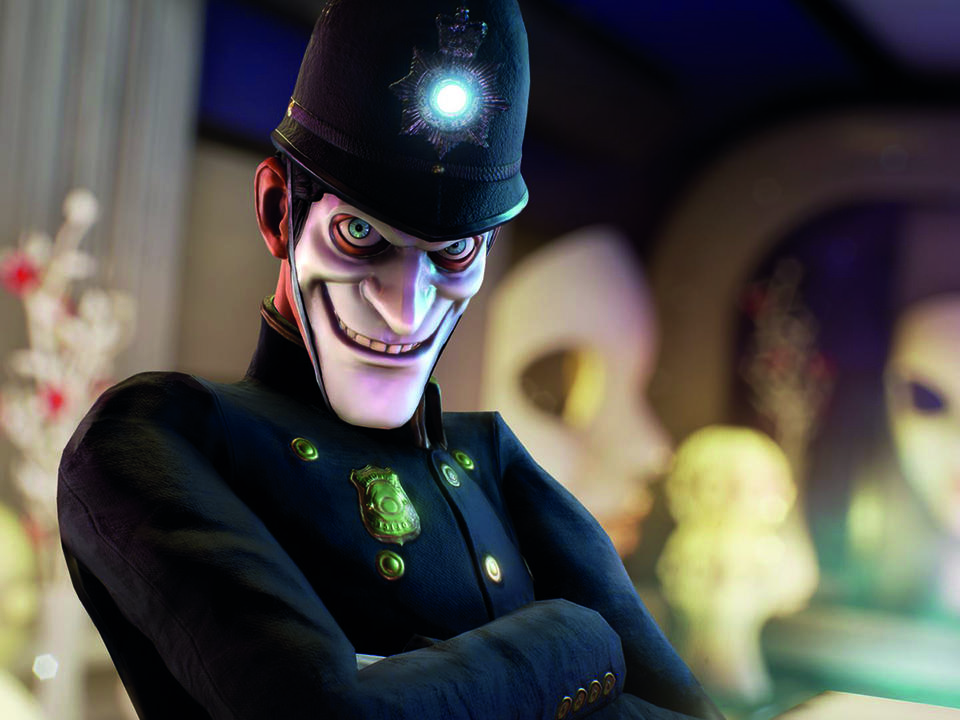
WE HAPPY FEW VERDICT
We Happy Few chooses to blend together one too many genres, while never really excelling at any of them and ultimately frustrating too often to make this a title we can fully recommend. Mixing Dishonored with BioShock should be a recipe for success, and while the dark subject matter makes for an interesting world, it’s just not quite as good as either of its main influences. Sometimes a good story does not make for the best game, and in We Happy Few’s case, that’s a real shame.


